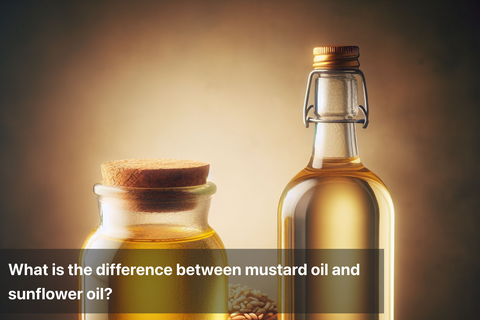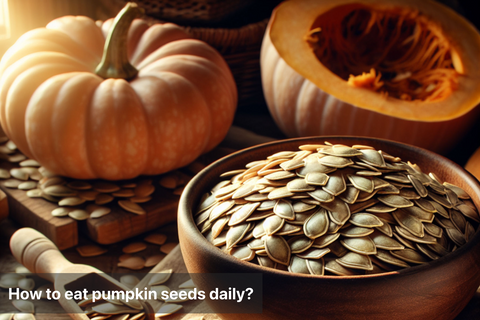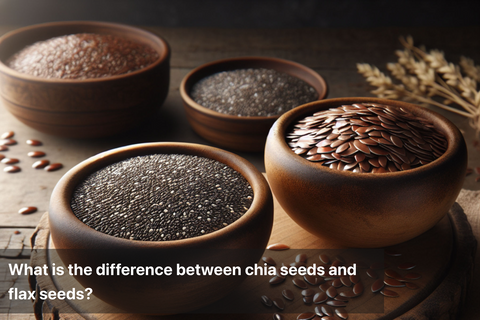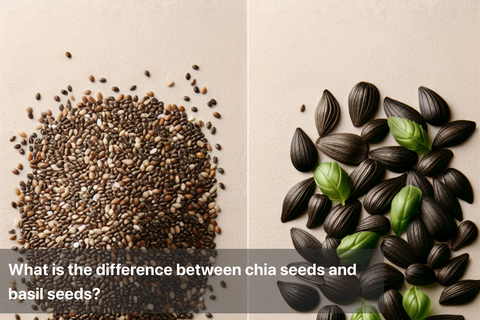
Low-carb Keto-friendly Sweeteners: What to Have and Avoid
The ketogenic or "keto" diet is a low-carbohydrate, high-fat diet that has been used for ages to treat various medical issues. However, because of the low-carb diet fad, this diet is garnering a lot of interest as a potential weight-loss method. The idea behind the ketogenic diet for weight loss is that by denying glucose in the body, which is the primary source of energy for all body cells and is obtained by eating carbohydrate-rich foods, the body will rather turn to stored fat to produce an alternative fuel known as ketones.
People must cut back on their sugar intake as well if they want to stay in ketosis. This can make it difficult if they want to add sweeteners to beverages, sauces, or baked products.
The following article looks at the best keto-friendly natural and artificial sweeteners. We also look at sweeteners that people on a keto diet should avoid.
Natural keto-friendly sweeteners
Once people start following a ketogenic diet, they frequently experience fewer sugar cravings. They might, however, occasionally still crave something sweet.
Individuals practising keto can select low-carb sweeteners, such as,
1. Stevia
The leaves of the South American plant Stevia rebaudiana, a member of the sunflower family, are used to make stevia. For hundreds of years, people have used it as a flavouring component and a replacement for raw sugar. It was only when Japan began using it as a sweetener in the 1970s that the name became popular.
Studies on both animals and people have indicated that stevia may help reduce blood sugar levels, unlike ordinary sugar. Since it is regarded as a nonnutritive sweetener, it has very few to no calories or carbohydrates.
2. Monk fruit
Siraitia grosvenorii, sometimes referred to as "monk fruit" or "luo han guo," is a fruit that is indigenous to China. It has mogrosides, which are antioxidants and natural sugars that contribute significantly to the sweetness of the fruit. People in China have consumed monk fruit for decades, but the Food and Drug Administration (FDA) declared it fit for consumption in 2010.
Monk fruit sweetener is 100-250 times sweeter than sugar and contains no calories or carbohydrates. As a result, it will not elevate the blood sugar level of the person who consumes it, making it an ideal fit for the keto diet.
3. Yacon syrup
Yacon syrup is made from the roots of the yacon plant, which is a tuber that is extensively farmed in South America. The yacon plant's sweet syrup is high in fructooligosaccharides (FOS), a form of soluble fibre that the human body cannot digest, therefore it contains far fewer calories than table sugar. Some older research suggests that yacon syrup may improve insulin resistance and reduce body weight in obese patients.
People cannot, however, cook using yacon syrup since high temperatures degrade the FOSs. As a result, it is best used as a sweetener in coffee, tea, cereal, or salad dressings instead of sugar.
Artificial keto-friendly sweeteners
Aside from natural sweeteners, there are artificial high-intensity sweetener substitutes for sugar that people on a low-carb diet can consume. These are sweeter than sugar and contribute fewer calories when added to foods or drinks.
1. Erythritol
Erythritol is a sugar alcohol, which is a naturally occurring class of chemicals that trigger the sweet taste receptors on your tongue to simulate the taste of sugar. It is typically 60-80% sweeter than table sugar. Erythritol is derived from fermented maize or cornstarch and occurs naturally in small amounts, in fruits and fungi, such as grapes, melons, and mushrooms.
However, it only provides 0.2 calories/g, compared to 3.9 calories/g in table sugar. Furthermore, despite having 4 grams of carbs per teaspoon, studies show that erythritol may assist reduce blood sugar levels in your body.
2. Xylitol
Xylitol is yet another form of sugar alcohol. You're probably chewing xylitol when you consume sugar-free gum. According to prior research, it is frequently used in sugar-free mints and gum because of its ability to improve dental hygiene. Xylitol has a similar flavour and appearance to table sugar but contains no carbs.
However, because xylitol doesn't significantly increase blood sugar or insulin levels as sugar does, it doesn't count as a net source of carbohydrates like other sugar alcohols do. For a low-carb flavour boost, xylitol can readily be added to tea, coffee, shakes, or smoothies. Contrary to natural sweeteners, however, taking too much xylitol can cause stomach pain and laxative effects.
3. Sucralose
Sucralose has 200-700 times the sweetness of table sugar. It is classified as a non-nutritive sweetener, which means it contains fewer or zero calories. The chemical is peculiar, for it lacks the bitter taste associated with other artificial sweeteners.
FDA finds sucralose to be an excellent sugar substitute in baked goods since it is heat stable. However, some earlier research contends that baking sucralose at high temperatures could cause the production of hazardous substances. One simply needs to substitute a modest amount of pure sucralose for sugar in your favourite foods because it is 600 times sweeter than ordinary table sugar.
Sweeteners to say no to while on a low carb high-fat diet
You should not include these sweeteners while having low carb meals. These are high in carbohydrates, can raise blood sugar, and disrupt ketosis are listed below:
1. Honey
Honey is one of the most nutrient-dense sweeteners, yet it is high in fructose and, like the other sweeteners on this list, has detrimental health impacts. Because of its antioxidant characteristics, honey may be a better alternative to table sugar. It does, however, contain a lot of sugar and carbs, so anyone on a keto diet should avoid it.
2. Maltodextrin
This highly processed sweetener, which is made from starchy plants like wheat, corn, or rice, has the same caloric and carbohydrate content as normal sugar.
3. Coconut sugar
Coconut sugar is produced by heating the sap of the coconut palm flower until the water evaporates. The end product has a brownish tint. It preserves some nutrients from the heating process and contains some inulin, but it is still not a viable low-carb alternative. It has a GI of roughly 35, which is lower than expected due to the insoluble fibre in it. When consumed, it will undoubtedly increase your blood sugar and insulin levels, as it contains the same amount of carbs as table sugar.
4. Maple Syrup
While maple syrup and honey are commonly used on lower-carb, paleo diets, they are not permitted on ketogenic diets. Keto is a carb-restricted diet, therefore you must be very careful with your consumption. Maple syrup typically has 13g of carbohydrates per tablespoon, which is half of the average daily carb consumption for such a tiny amount.
5. Agave Syrup
Despite being advertised as a natural alternative, it is typically a highly processed sweetener. It contains up to 80% fructose, which has a significant impact on our blood sugar levels and is widely regarded as one of the most harmful types of sugar. It is manufactured by squeezing the agave plant until the sugars and fluid are extracted, and then it is heated (destroying fructans, a beneficial ingredient) in the same way that high fructose corn syrup is.
The bottom line
You do not have to fully give up sweets just because you are following the ketogenic diet. When you want a sweet treat, you can add a variety of low-carb sweeteners to your low carb meals.
Stevia extract, monk fruit extract, and erythritol are a few of the best keto sweeteners we've found. Each one is safe, may assist in optimising various areas of health in regular dosages, and can be combined for enhanced flavour. Before making any substantial dietary adjustments, it's always a good idea to talk with a nutritionist.
References:
https://www.healthline.com/nutrition/keto-sweeteners
https://www.dietdoctor.com/low-carb/keto/sweeteners#erythritol
This Blog post is an initiative by Lo Foods, to provide accurate and Nutritionist / Doctor approved information related to Health. Lo Foods is India's leading brand for Everyday Functional Foods. Foods designed for specific Health conditions or Needs. Lo Foods also runs India's largest range of Low Carb Healthy Cloud Kitchens, under the brand names of Lo!, ProteinChef, ATH (All Things Healthy) and DiabeSmart.

















Leave a comment
Your email address will not be published.